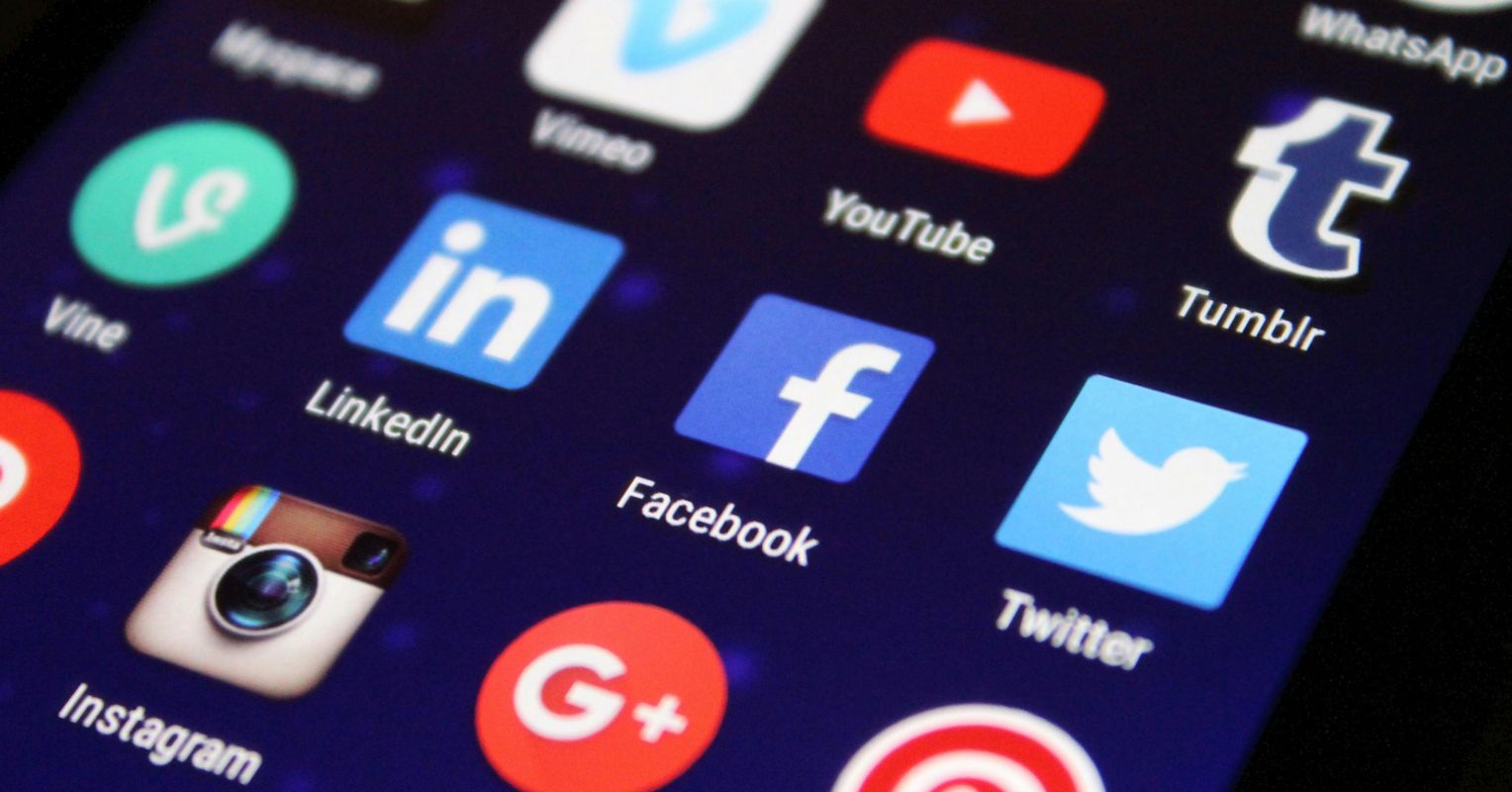
"In the world we live in now, one off-color joke, something you said as a teenager, or one poorly thought-out tweet from a decade or more ago can unravel your career in a day. Or maybe it's a video, stripped of all context, recorded by someone you've never met, watched by millions. You don't even get to explain. Suddenly, you're trending. You're canceled."
"Cancel culture didn't just appear one day out of thin air. It emerged from something older and heavier. It came from people being ignored for too long. Especially people without power: Women, African American communities, LGBTQ folks, and survivors. The ones who had been speaking up for years, only to be shrugged off, told to move on and to be quiet. The usual systems, including HR departments, school boards, and courts, rarely listened. When they did, it was often too little, too late."
Cancel culture can end careers quickly after a single off-color joke, a teenage remark, or an old tweet or video stripped of context, often leaving no chance to explain. Some view it as justice, others as a digital guillotine, and it has made people more cautious about past posts and apologies. The phenomenon grew from long-standing neglect of marginalized people — women, Black communities, LGBTQ individuals, and survivors — who turned to the internet when institutions failed. Hashtags like #MeToo and #BlackLivesMatter made hidden abuses visible, prompted firings and resignations, and forced institutional responses, though sometimes without careful process.
Read at Psychology Today
Unable to calculate read time
Collection
[
|
...
]